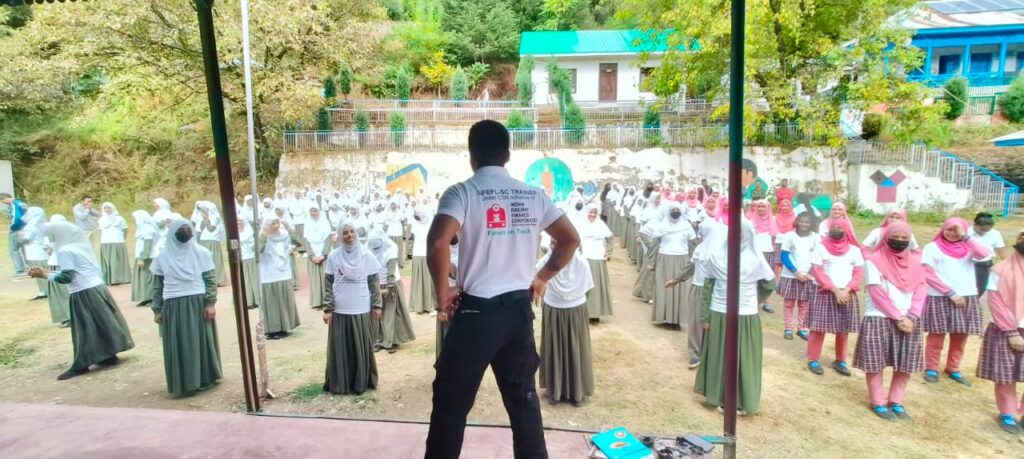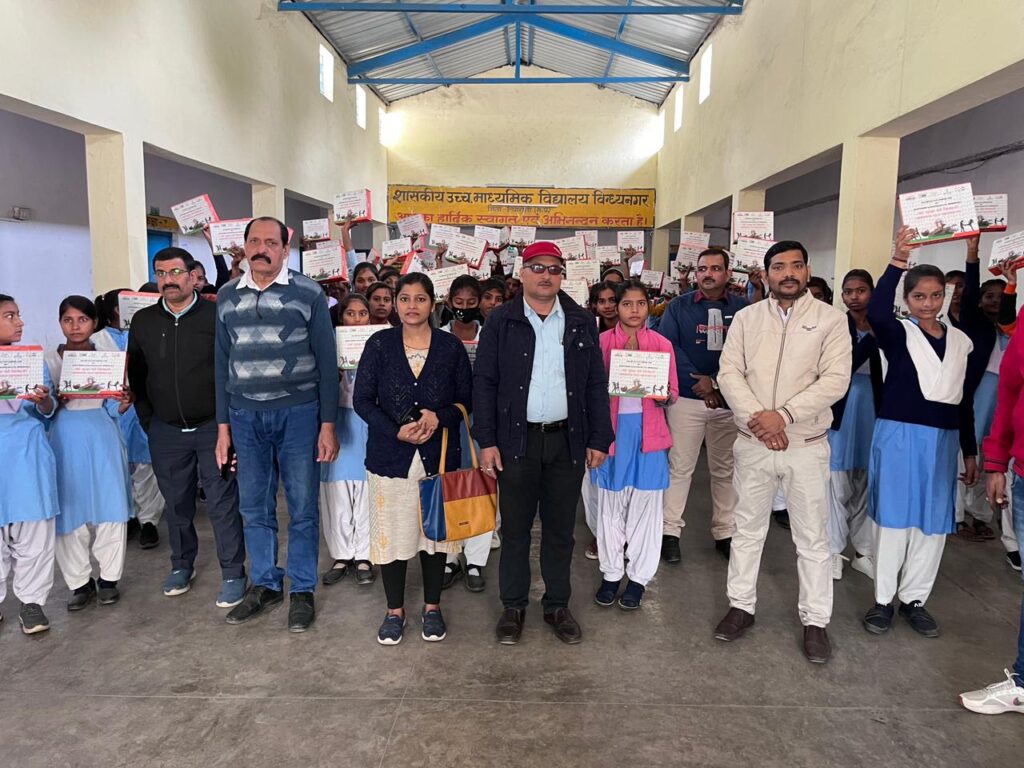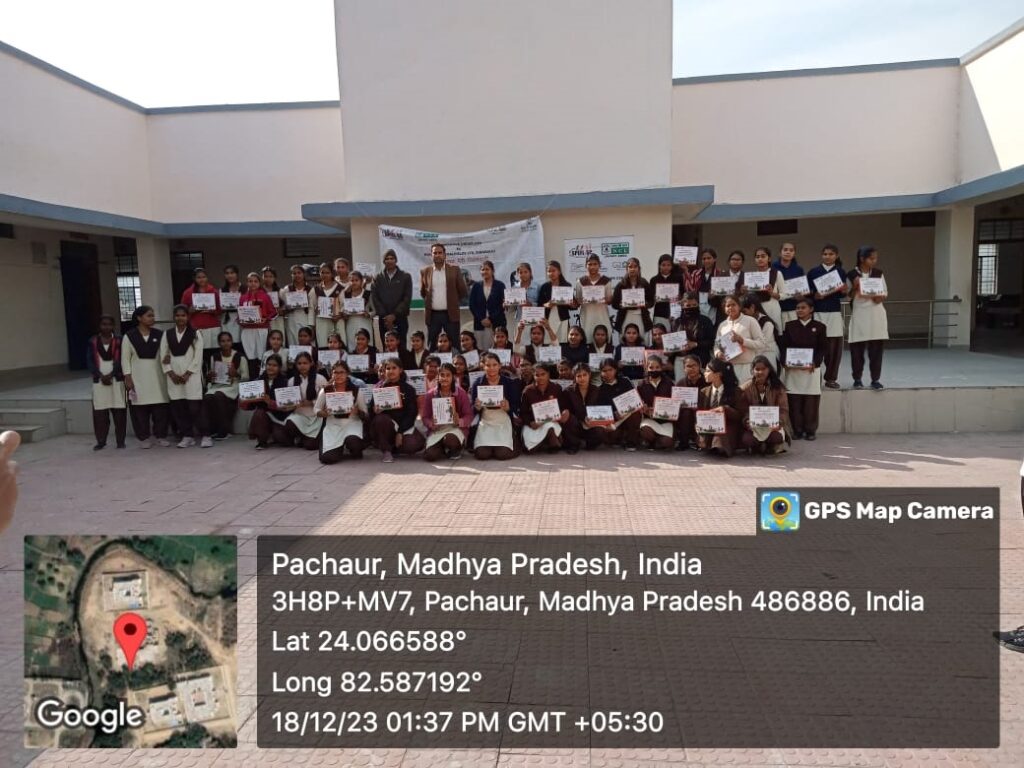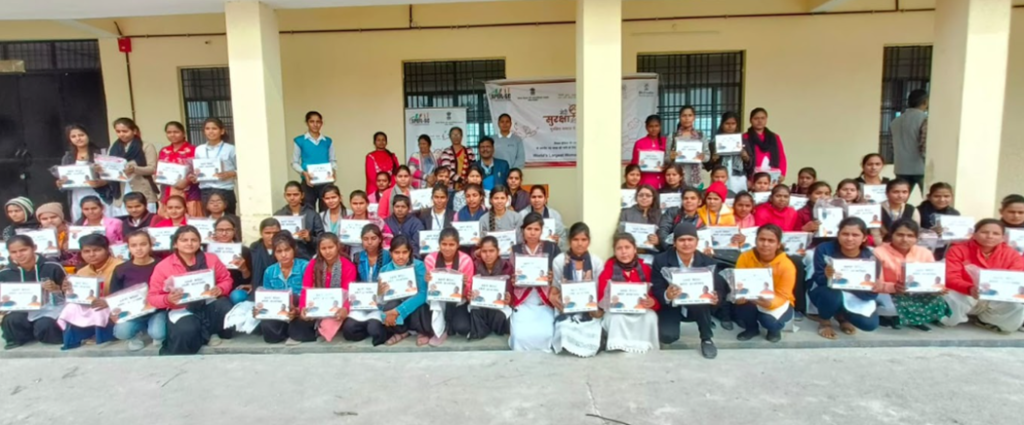Introduction:
In the tranquil settings of Government Higher Senior Secondary Schools (GHSS) in Kupwara, Langate, Trehgam, and Handwara, a groundbreaking initiative is taking root – self-defense training led by the Society for Physical Education, Fitness, and Leisure Studies Center (SPEFL-SC), generously supported by the Indian Railway Finance Corporation (IRFC). This short article delves into the significance of this program and its positive impact on the lives of individuals in Kupwara.
Day 1-3: Building a Foundation
The initial days of the program focus on establishing a solid foundation for participants. Trained instructors guide attendees through the fundamentals of self-defense, emphasizing the importance of situational awareness, body posture, and basic defensive maneuvers. Participants are introduced to the philosophy of self-defense, understanding that it goes beyond physical techniques, encompassing mental and emotional preparedness.
Day 4-6: Practical Techniques and Strategies
As the training progresses, participants delve into practical self-defense techniques tailored to real-life scenarios. The curriculum includes maneuvers to escape common holds, defend against attacks, and use everyday objects for self-protection. Instructors stress the significance of adapting techniques to individual strengths and encourage a proactive mindset. The goal is to empower participants with the ability to react effectively under pressure.
Day 7-9: Empowering the Mind
Self-defense extends beyond physical prowess; it encompasses mental fortitude and emotional resilience. Days seven to nine are dedicated to workshops on mental conditioning, stress management, and self-confidence building. Participants engage in discussions and activities that enhance their ability to assess risks, make quick decisions, and stay composed in challenging situations. The program instills a sense of inner strength that complements physical skills.
Day 10-12: Realistic Scenarios and Mock Drills
The final phase of the training immerses participants in realistic scenarios through simulated drills. Instructors create controlled environments replicating potential threats, allowing participants to apply the skills they’ve acquired in a dynamic setting. This hands-on experience enhances muscle memory, decision-making, and the overall effectiveness of self-defense techniques. The program concludes with a showcase where participants demonstrate their newfound skills.
Impact on Participants:
As the self-defense training program unfolds amidst the serene surroundings of GHSS Kupwara, Langate, Trehgam, and Handwara, its positive impact on individuals becomes increasingly apparent. Beyond the acquisition of physical skills, the program serves as a catalyst for fostering a profound sense of confidence, self-reliance, and resilience among participants. The 12-day self-defense training initiative leaves a lasting imprint on participants, nurturing a sense of empowerment, heightened confidence, and a strengthened bond within the community. Attendees often express gratitude for the invaluable opportunity to acquire skills that transcend the mere realm of physical defense, providing a holistic approach to personal safety. This initiative stands as a testament to the transformative power of self-defense education in empowering individuals and building community solidarity.
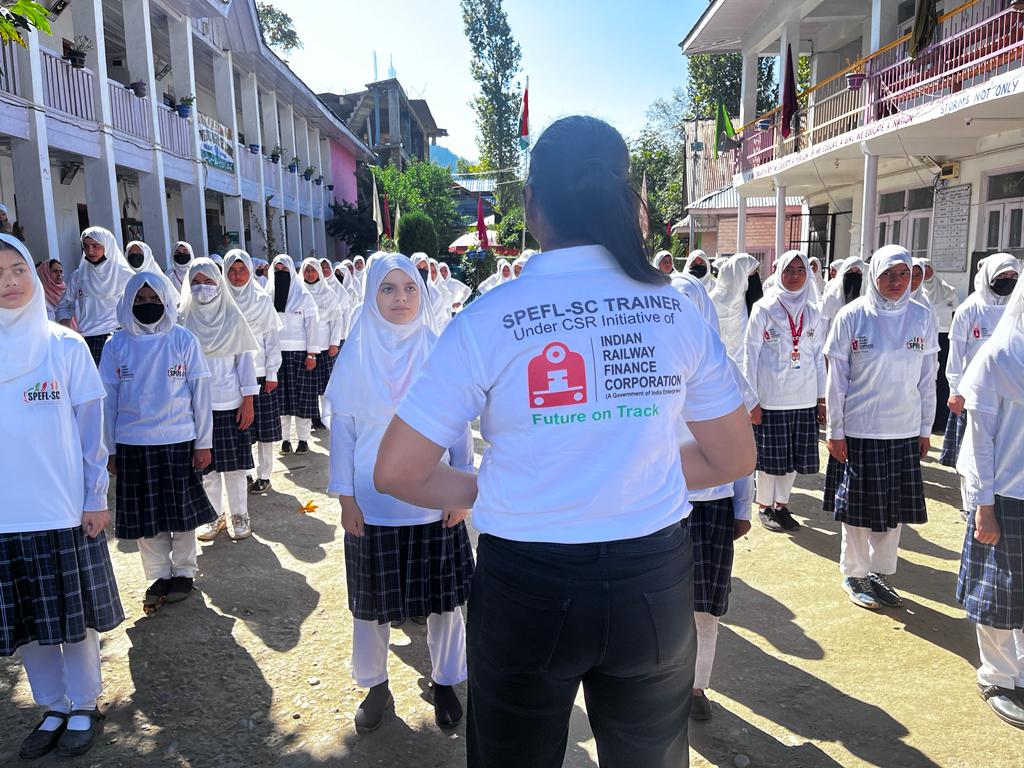

Community Engagement:
The ripple effect of the self-defense training extends beyond individual empowerment. Communities in Kupwara witness a positive transformation as participants become advocates for safety and self-defense. The program, designed to be inclusive and accessible, ensures that the benefits reach every corner of these serene locales.
Support from IRFC:
The Indian Railway Finance Corporation (IRFC) has played a pivotal role in making this initiative a reality. Their generous support underscores a shared commitment to community well-being. By investing in programs that go beyond the ordinary, IRFC exemplifies corporate responsibility and contributes significantly to the betterment of society.
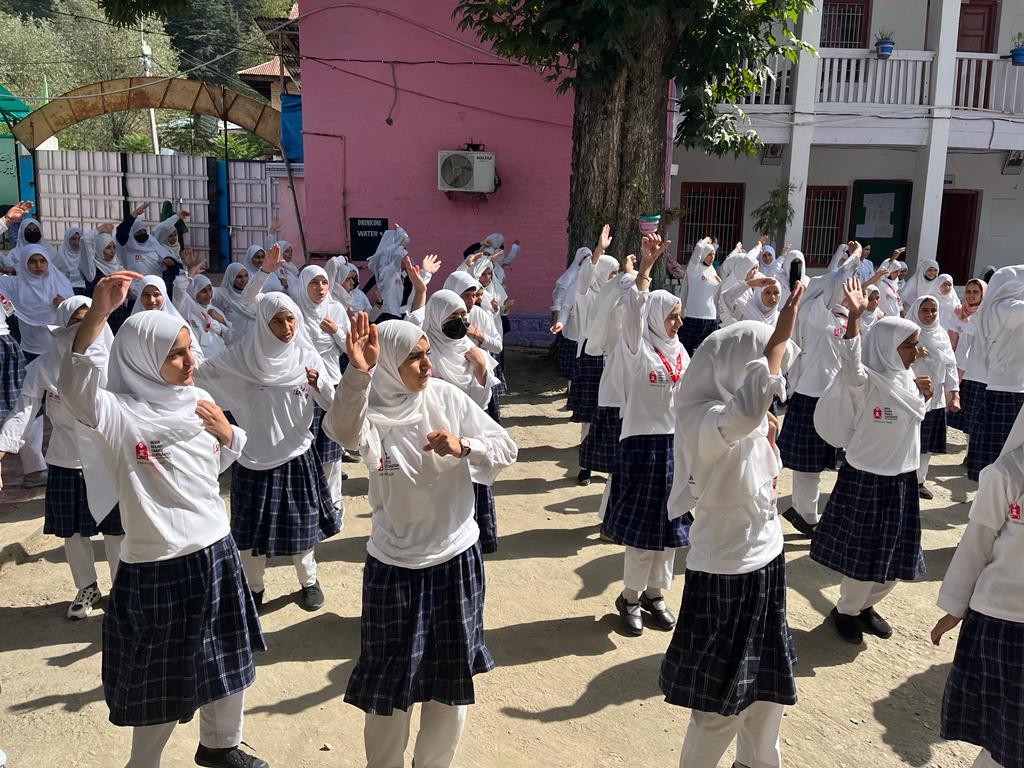
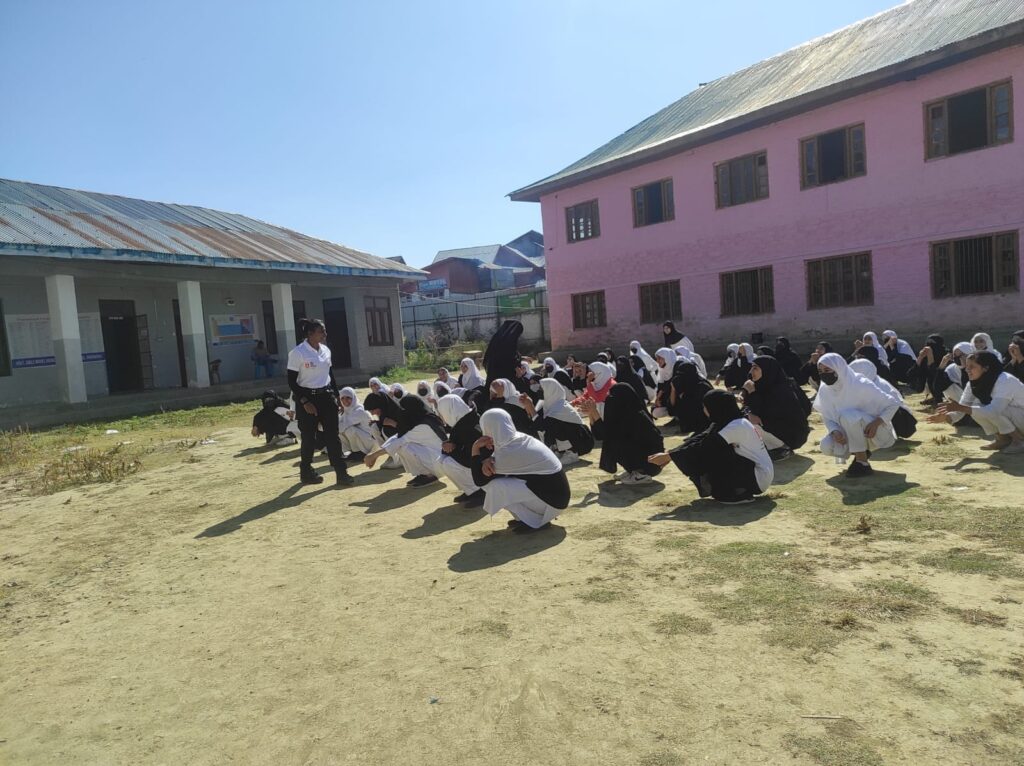
Future Prospects:
The success of the 12-day self-defense training program at Government Higher Senior Secondary Schools in Handwara, Kupwara, Langate, and Trehgam paves the way for future initiatives. SPEFL-SC aims to expand its reach, collaborating with additional schools and communities, ensuring that self-defense training becomes an integral part of empowerment programs across Jammu and Kashmir.
Conclusion:
In conclusion, the self-defense training program led by SPEFL-SC in collaboration with GHSS Kupwara, Langate, Trehgam, and Handwara, supported by IRFC, is a beacon of hope and empowerment. Its transformative impact, set against the serene backdrop of these locales, promises to shape a more confident and resilient community. As individuals learn to defend themselves, they not only acquire physical skills but also gain the strength to face life’s challenges with unwavering determination.
